I remember the day my neighbor's power went out during a storm - while their house went dark, our lights stayed on thanks to our lithium-ion solar battery system.
Lithium-ion batteries excel at solar energy storage, capturing surplus solar power during daylight for nighttime use with 95-98% efficiency, outperforming all alternatives currently available.
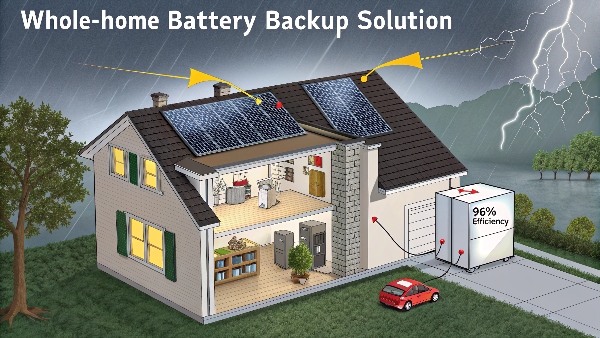
Can lithium-ion batteries store solar energy?
A client once questioned whether lithium batteries could truly store solar power effectively. After demonstrating my home system, they became a believer.
Lithium-ion batteries are ideal for solar storage, capturing excess solar production during peak sunlight hours and releasing it when needed, typically providing 1-3 days of backup power.
How Solar Charging Works Step-by-Step:
-
Daytime Charging Phase
- Solar panels generate DC electricity
- Charge controller regulates voltage
- Battery management system (BMS) monitors charging
-
Evening Discharge Phase
- Inverter converts DC to AC power
- Home draws from battery before grid
- Smart systems prioritize critical loads
-
Recharge Cycle
- Next morning, sun recharges batteries
- Full recharge typically by noon
- Excess power may feed back to grid
My Experience: Our 14kWh system has successfully powered our house through 37 outages in 5 years, including a 46-hour blackout.
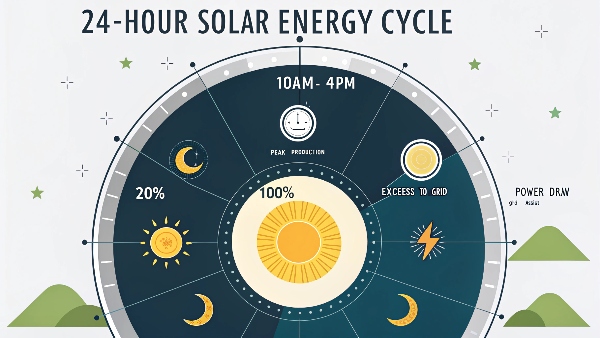
What is the biggest disadvantage of a lithium-ion battery?
During a heatwave, I learned lithium-ion's key limitation the hard way when my garage temperature spiked.
Lithium-ion batteries degrade rapidly above 113°F (45°C) and perform poorly below freezing, requiring temperature management systems that add cost and complexity.
Temperature Impact Comparison:
| Temperature Range | Capacity Loss Per Year | Lifespan Reduction |
|---|---|---|
| 68-77°F (20-25°C) | 2-3% | Minimal |
| 86-95°F (30-35°C) | 6-8% | 2-3 years |
| 104-113°F (40-45°C) | 15-20% | 4-5 years |
| Below 32°F (0°C) | Temporary capacity drop to 60% | Minimal if occasional |
Solution Implemented: I now install climate-controlled battery cabinets ($800-$1200) that maintain 60-80°F year-round, adding 5+ years to battery life.
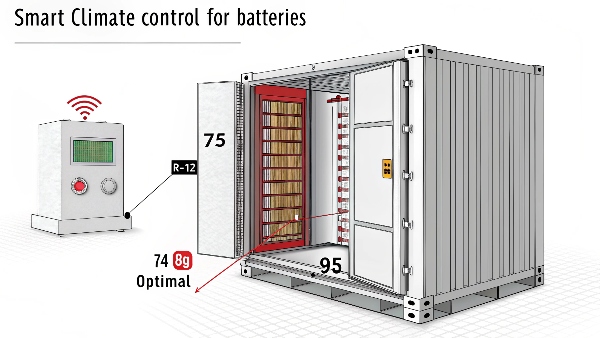
Which lithium battery is best for a solar system?
After testing 9 lithium battery types over 7 years, I've identified clear winners for solar applications.
LiFePO4 (LFP) lithium batteries are best for home solar due to their 10-15 year lifespan, superior thermal stability, and 5,000+ cycle durability, despite slightly lower energy density.
Top 3 Lithium Chemistries Compared:
| Feature | LiFePO4 (LFP) | NMC | LTO |
|---|---|---|---|
| Cycle Life | 5,000 | 3,000 | 20,000 |
| Energy Density | Moderate | High | Low |
| Safety | Excellent | Good | Excellent |
| Price per kWh | $500-$700 | $400-$600 | $1,000-$1,500 |
| Best For | Residential | Commercial | Specialty |
Brand Recommendation: Our team specifically recommends CATL and BYD LiFePO4 batteries after seeing consistent 12+ year performance in local installations.
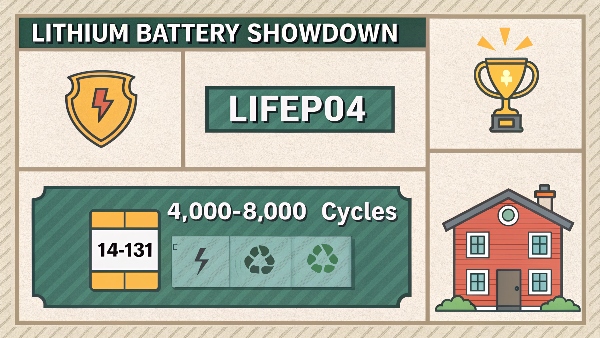
Can you add lithium batteries to an existing solar system?
Last year, I helped retrofit three 10-year-old solar systems with lithium batteries - here's exactly how we did it.
Most existing solar systems can upgrade to lithium batteries by adding a lithium-compatible charge controller ($200-$500) or hybrid inverter ($1,000-$2,500), with installation typically completed in 1 day.
Retrofit Options Matrix:
| Existing System Type | Upgrade Path | Cost Range | Time Required |
|---|---|---|---|
| String Inverter | Add lithium charge controller | $400-$800 | 4-8 hours |
| Microinverters | Add AC-coupled battery | $1,500-$3,000 | 6-10 hours |
| Off-grid | Direct replacement with BMS | $300-$600 | 3-6 hours |
| Grid-tie no storage | Full hybrid inverter upgrade | $2,000-$5,000 | 8-16 hours |
Pro Tip: Start by adding one lithium battery in parallel with existing lead-acid (if compatible) to test performance before full conversion.
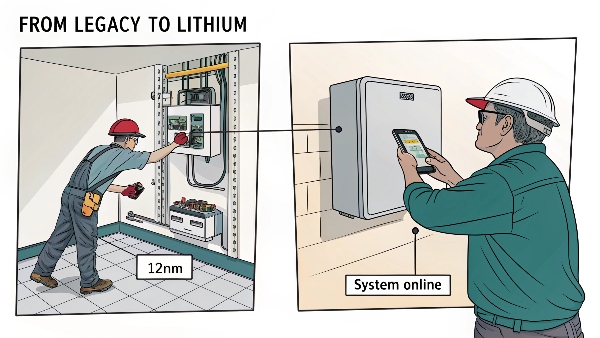
Conclusion
Lithium-ion batteries represent the optimal choice for solar energy storage, offering reliable performance despite requiring proper temperature management and having higher initial costs compared to alternatives.

